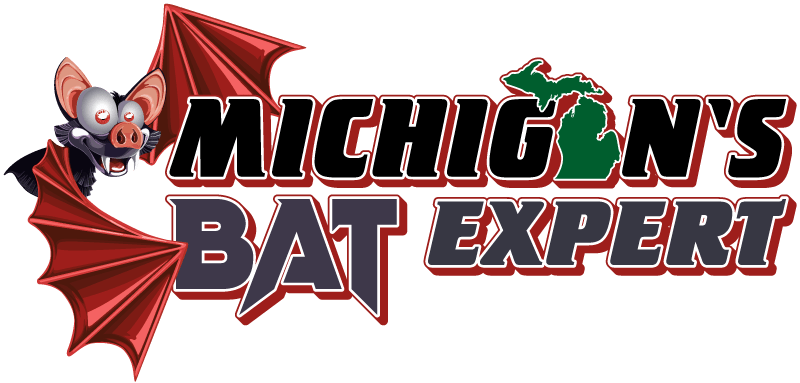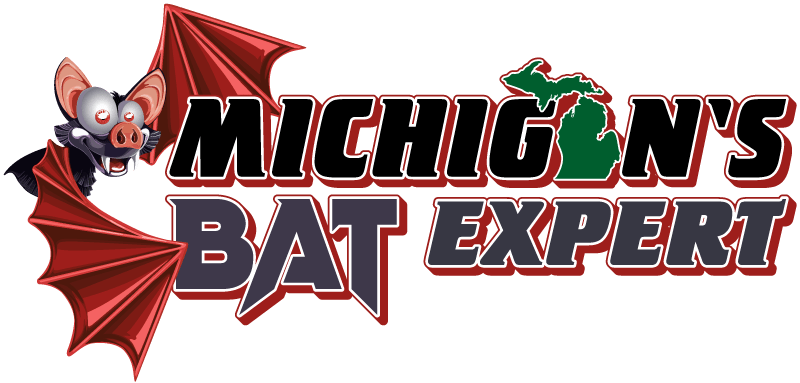Michigan Dead Animal Removal
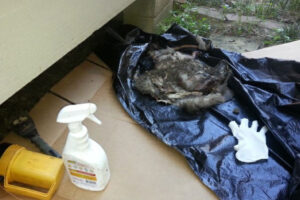
Dealing with a dead animal on your property or inside your home can be both unpleasant and hazardous. Decomposing animals pose serious health risks, including bacteria, parasites, and foul odors that can linger for weeks. At Michigan Bat Expert, we specialize in professional dead animal removal, ensuring your home or business remains clean, safe, and odor-free.
EXCELLENTTrustindex verifies that the original source of the review is Google. Fast and responsive!Trustindex verifies that the original source of the review is Google. We used Michigan Bat Expert for skunk removal. Britney was very helpful on the phone to give me options and schedule. The tech that arrived to pick up our pre-trapped skunk was very friendly and knew exactly what to do. We will be telling everyone in our subdivision about them! Great customer service, reasonably priced and you feel good knowing the little critters are being relocated to new land.Trustindex verifies that the original source of the review is Google. Excellent Service and very friendly staff Quick response Highly recommendTrustindex verifies that the original source of the review is Google. This is such a great service. I love the fact that the take the animals and release them instead of euthanizing them. The team is awesome and very professional. I try trapping myself but they know all the right things to do. I recommend Michigan bet expert to anyone that has a problem with raccoons they know their stuff?Trustindex verifies that the original source of the review is Google. Did a good job explaining options and issues. Completed work quickly and did a visual inspection with me. Explained their job garuatee. Easy to work with and were very efficient.Trustindex verifies that the original source of the review is Google. Professional and prompt. Answered all my questions and explained everything they did thoroughly.Trustindex verifies that the original source of the review is Google. Great service as always, and reasonable pricesTrustindex verifies that the original source of the review is Google. A great company I found them on google, great service. I will always have them do service for me as long as they’re in business.
Common Locations Where Dead Animals Are Found
Dead animals can be found in a variety of locations, including:
Attics – Raccoons, squirrels, bats, and mice often die in attics after being trapped or poisoned.
Walls & Crawl Spaces – Rodents and small animals can die behind walls, creating a persistent foul smell.
Basements – Unfinished basements can harbor dead animals, leading to contamination.
Under Decks & Porches – Skunks, opossums, and groundhogs often crawl under structures before passing away.
Garages & Sheds – These areas provide shelter for wildlife, making them common places for carcasses.
Yards & Driveways – Roadkill or animal carcasses can attract scavengers and spread disease.
If you notice unpleasant odors, flies, or stains, you may have a dead animal nearby that requires professional removal.
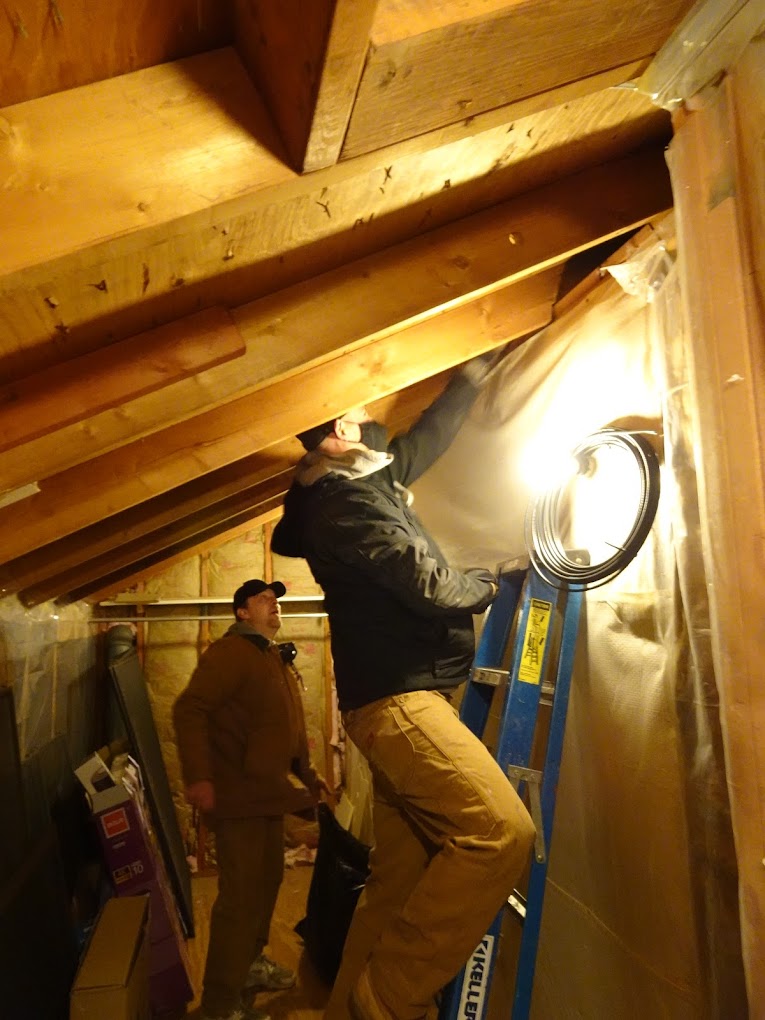
Health Risks Associated with Dead Animals
Decomposing animals can introduce harmful pathogens into your home, putting your family and pets at risk. Common health concerns include:
Bacteria & Viruses – Dead animals can carry diseases such as Leptospirosis, Salmonella, and Tularemia.
Parasites & Insects – Fleas, ticks, and maggots are often found around carcasses.
Airborne Contaminants – The gases released during decomposition can cause respiratory irritation and unpleasant odors.
Secondary Infestations – Dead animals attract flies, beetles, and scavengers, leading to further pest issues.
Professional removal ensures that all contaminants, odors, and health risks are fully addressed.
Our Dead Animal Removal Process
At Michigan Bat Expert, we provide comprehensive dead animal removal services, including disposal, sanitation, and odor elimination.
1. Thorough Inspection & Location of Carcass
Our team performs a detailed inspection to identify the source of odors and pinpoint where the dead animal is located.
2. Safe & Humane Removal
We use protective gear and specialized tools to remove carcasses without contaminating your home.
3. Sanitization & Disinfection
After removal, we clean and disinfect the affected area to eliminate bacteria, viruses, and parasites.
4. Odor Elimination & Deodorization
We use industrial-grade odor neutralizers to ensure your home is free from lingering smells.
5. Prevention & Wildlife Exclusion
If the dead animal was found inside your home, we seal entry points and provide wildlife exclusion services to prevent future infestations.
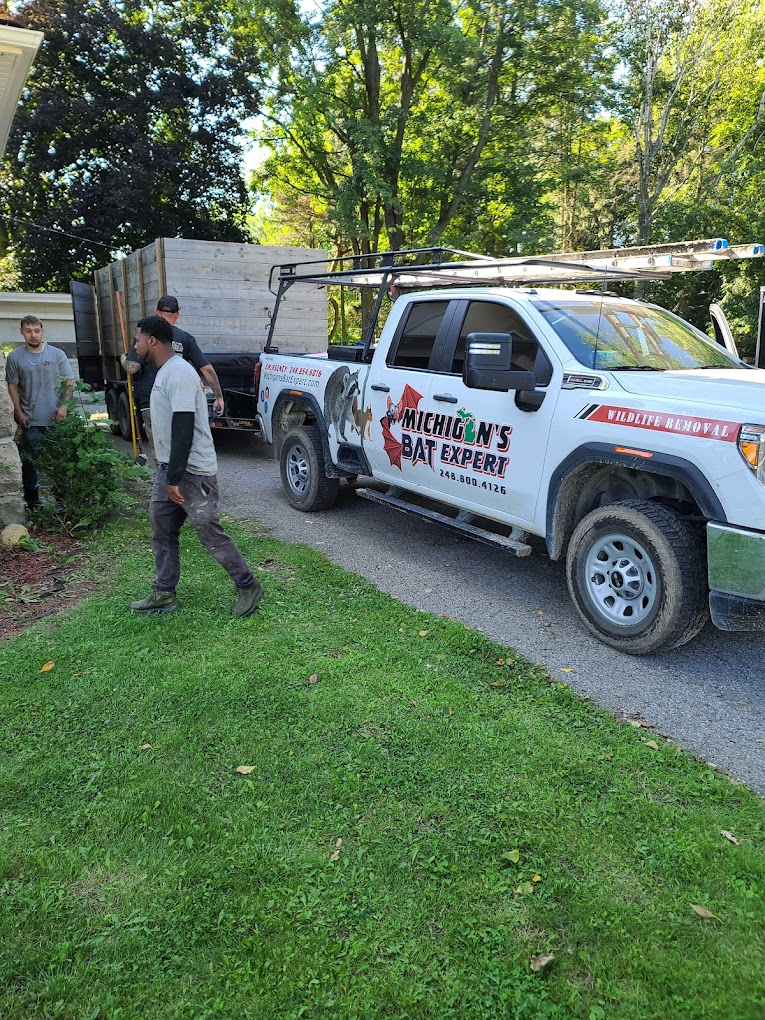
Contact Michigan Bat Expert for Safe Dead Animal Removal Today
If you suspect a dead animal in your home or on your property, don’t wait—call Michigan Bat Expert for fast, safe, and professional removal services.
Call us at (248) 923-4762.

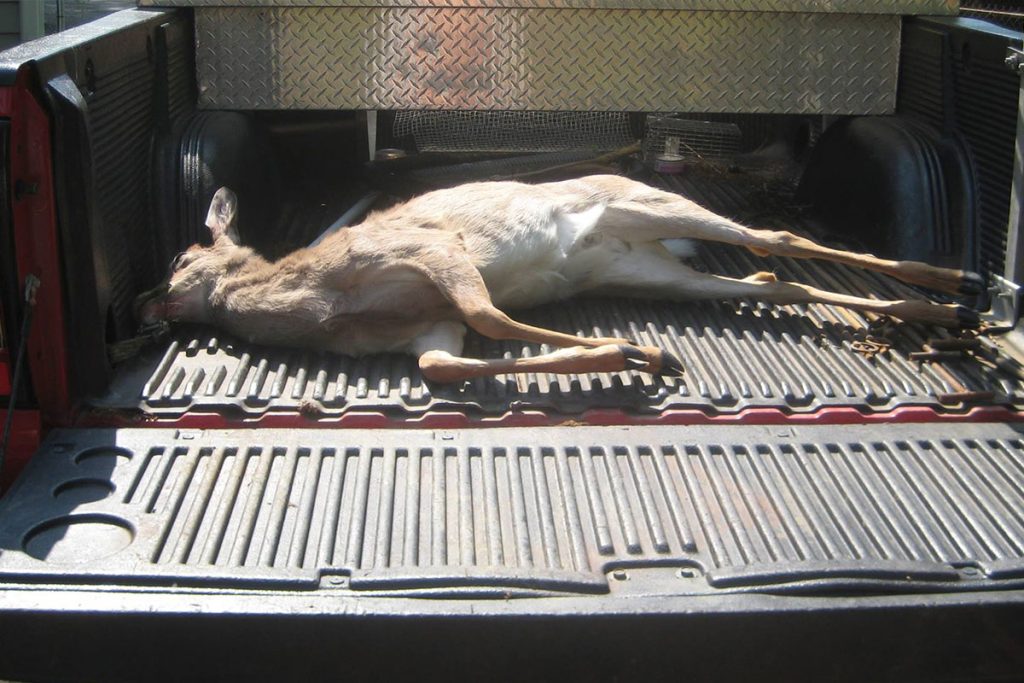
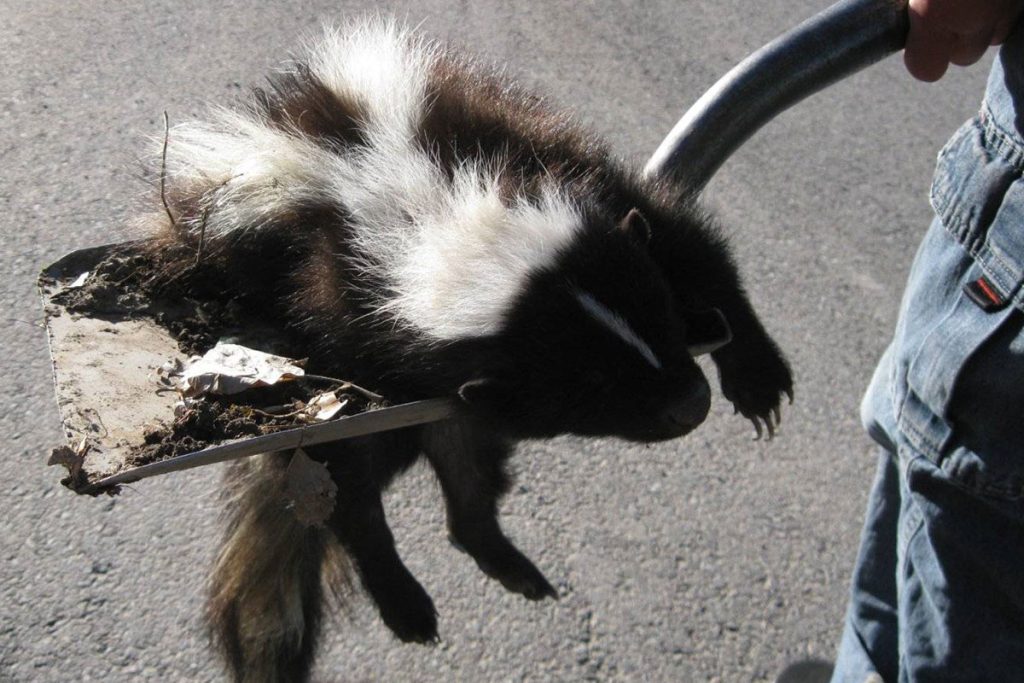
Common indicators include:
- Unpleasant Odors: A strong, persistent smell that doesn’t dissipate.
- Increased Insect Activity: An unusual number of flies or presence of maggots.
- Stains or Leakage: Unexplained stains on walls or ceilings.
- Sudden Silence: Cessation of noises like scratching or movement in walls.
- Pet Behavior: Pets acting anxious or focused on specific areas.
If you notice any of these signs, call us to investigate and address the issue promptly.
Frequently Asked Questions on Dead Animal Removal in Michigan
1. How do I know if there is a dead animal in my home?
The most common sign of a dead animal in your home is a strong, unpleasant odor that persists and worsens over time. Other signs include increased insect activity, such as flies or maggots near walls, vents, or crawl spaces. You may also notice stains or discoloration on walls or ceilings if the animal has died inside a hidden space. If you hear scratching noises that suddenly stop, it could indicate that a trapped animal has died. If you suspect a dead animal but can’t locate it, professional removal services can perform an inspection and safely remove the carcass.
2. What are the health risks of having a dead animal in my home?
Dead animals pose serious health hazards due to bacteria, parasites, and the gases released during decomposition. Decomposing carcasses can spread diseases like Leptospirosis, Salmonella, and Tularemia through airborne particles and contact with contaminated surfaces. They also attract secondary pests, such as flies, beetles, and rodents, which can cause additional infestations. If not removed quickly, the contamination from a dead animal can lead to respiratory issues, foul odors, and unsafe living conditions.
3. Where do dead animals commonly end up inside homes?
Dead animals are often found in hard-to-reach areas, including:
- Inside walls or ceilings (especially rodents like mice and rats).
- Attics and crawl spaces, where squirrels, raccoons, or bats may have died.
- Under porches, decks, and sheds, where skunks, groundhogs, or opossums may take shelter before dying.
- Basements and garages, particularly if an animal became trapped and dehydrated.
- Inside chimneys or ventilation ducts, which can lead to serious odor and airflow issues.
If you detect a persistent foul smell but can’t locate the source, professional wildlife removal services can perform a thorough inspection and remove the carcass.
4. Can I remove a dead animal myself?
While small dead animals like mice can be removed carefully with gloves and a sealable bag, larger carcasses require professional removal due to biohazard risks. Improper handling can expose you to bacteria, viruses, and parasites, as well as create contamination in your home. Professionals use protective gear, specialized tools, and industrial-grade sanitization techniques to remove the animal safely and eliminate odors. If the dead animal is inside a wall, under flooring, or in an attic, a trained technician can extract it without causing additional property damage.
5. How do professionals remove dead animals from homes and properties?
Professional dead animal removal services follow a safe and thorough process:
- Inspection – Technicians locate the carcass using odor detection, thermal imaging, or access points.
- Safe Removal – The dead animal is carefully extracted using protective gear and containment tools.
- Sanitization & Disinfection – The affected area is cleaned with biohazard-grade disinfectants to remove bacteria and prevent disease.
- Odor Elimination – Industrial-strength odor neutralizers or ozone treatments are used to eliminate lingering smells.
- Prevention Measures – Experts inspect entry points and recommend wildlife exclusion methods to prevent future infestations.
Hiring a licensed wildlife removal expert ensures that the process is handled legally, safely, and effectively.
6. What should I do if I find a dead animal in my yard?
If you find a dead animal in your yard, follow these steps:
- Avoid direct contact – Wear gloves and avoid touching the carcass with bare hands.
- Check local regulations – Some areas have laws regarding animal disposal and require professional removal.
- Contact animal control or a wildlife removal service – If the animal is large, decomposing, or potentially diseased, professional removal is recommended.
- Secure trash bins – If removing a small animal yourself, double-bag it and place it in a sealed trash container for disposal.
- Sanitize the area – Use a strong disinfectant to clean the area and prevent bacteria or parasites from spreading.
If the dead animal attracts scavengers or has been there for an extended period, professional cleanup is necessary to ensure safe disposal and decontamination.
7. How can I prevent animals from dying inside my home?
Preventing animals from entering your home and dying in hidden areas involves sealing entry points and reducing attractants:
- Inspect and seal gaps, cracks, and holes in walls, foundations, and vents.
- Install chimney caps and vent covers to keep out birds, bats, and rodents.
- Keep pet food and trash secured to prevent attracting wildlife.
- Use humane exclusion techniques for attics and crawl spaces.
- Trim overgrown vegetation and remove debris where animals might hide.
Regular pest control and wildlife inspections can help detect and address potential animal intrusions before they become a problem.
8. How much does dead animal removal cost in Michigan?
The cost of dead animal removal varies based on the size of the animal, its location, and the extent of odor and damage cleanup required. On average, prices range from:
- $150 – $300 for a small animal (e.g., mouse, bird, or squirrel) in an accessible area.
- $300 – $600 for a medium-sized animal (e.g., raccoon, opossum) in a wall, attic, or crawl space.
- $600+ for large animal removal with extensive sanitization and odor removal.
Some wildlife removal companies offer same-day emergency services for urgent situations. For accurate pricing, it’s best to schedule an inspection with a licensed wildlife control professional.
Our Services
Attic Restoration
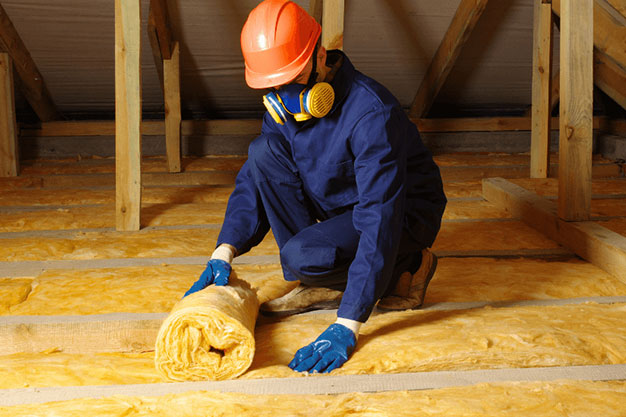
Live Bat Exclusion
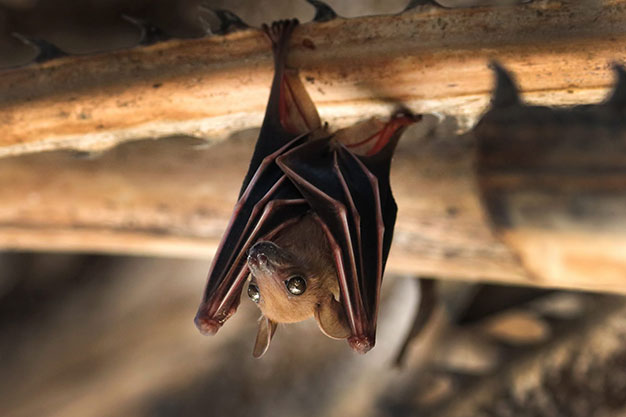
Spot Cleaning
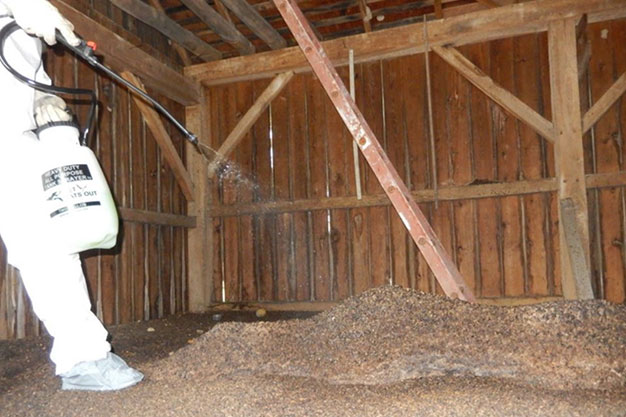
Wildlife Relocation
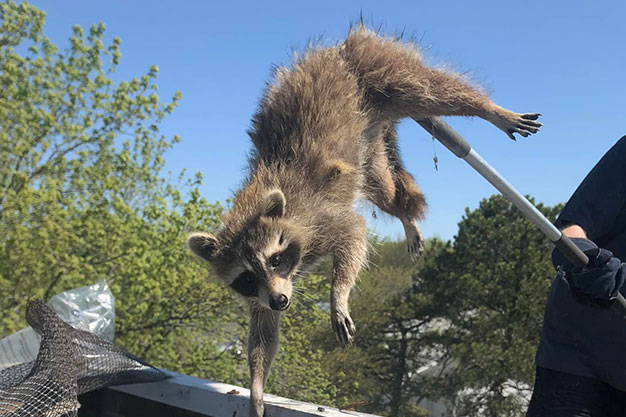
Mice Exclusion & Prevention
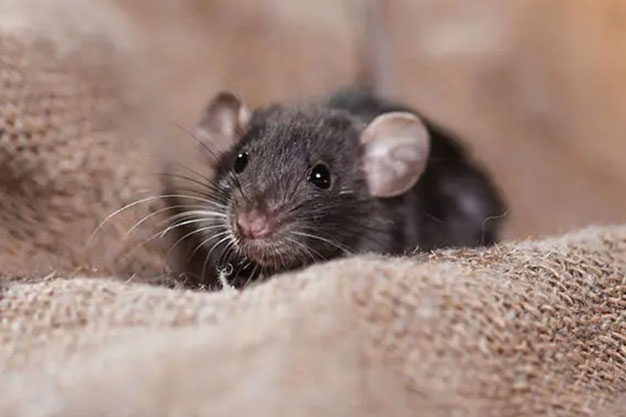
Snake Removal
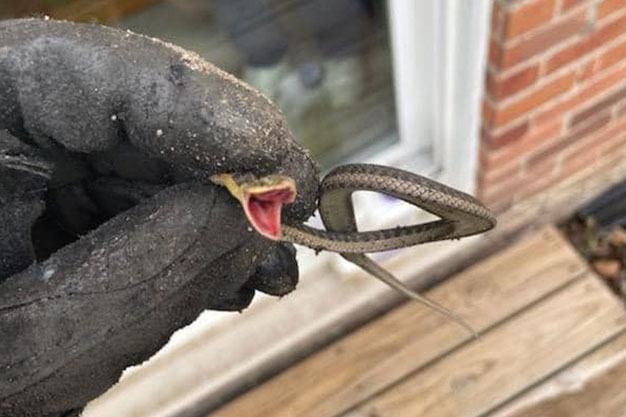
Dead Animal Removal
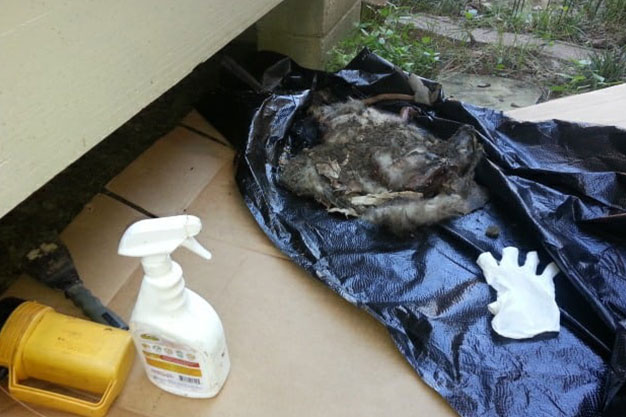
Trapping Strategy
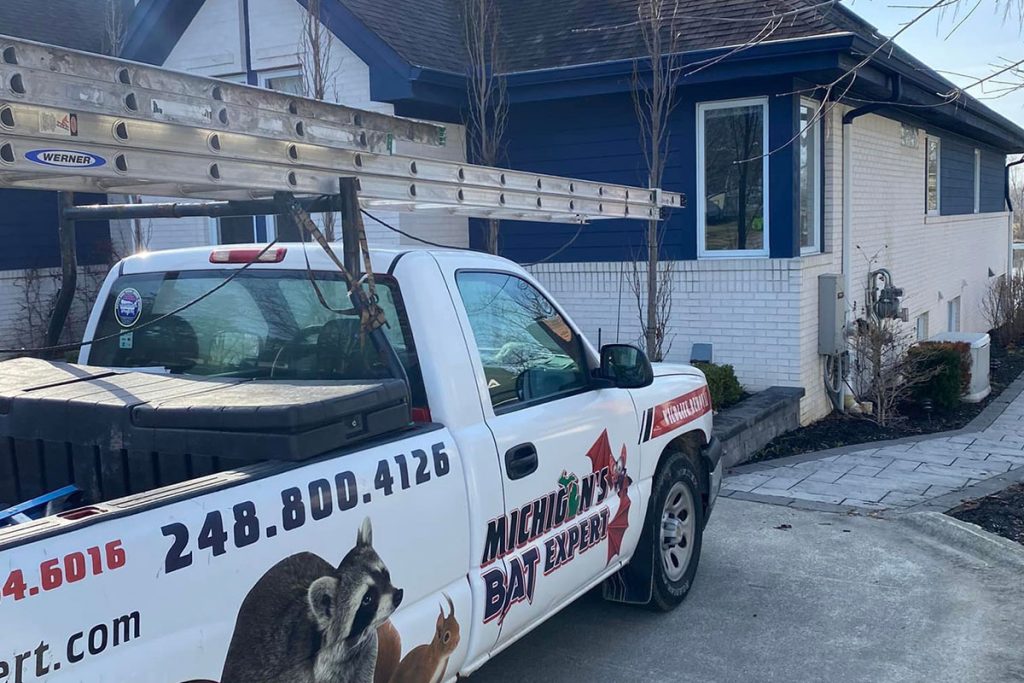
Common Wildlife We Trap & Relocate:
Michigan is home to a variety of wildlife species that can cause property damage or pose health risks. Our team safely removes:
Raccoons – Known for getting into attics, garages, and chimneys.
Squirrels – Often invade attics and walls, causing structural damage.
Skunks – Can burrow under homes and create strong odors.
Opossums – Frequently found under decks or sheds.
Groundhogs – Known for burrowing and causing damage to foundations.
Bats – It’s in our name. Bats are often found in attics and other warm places.
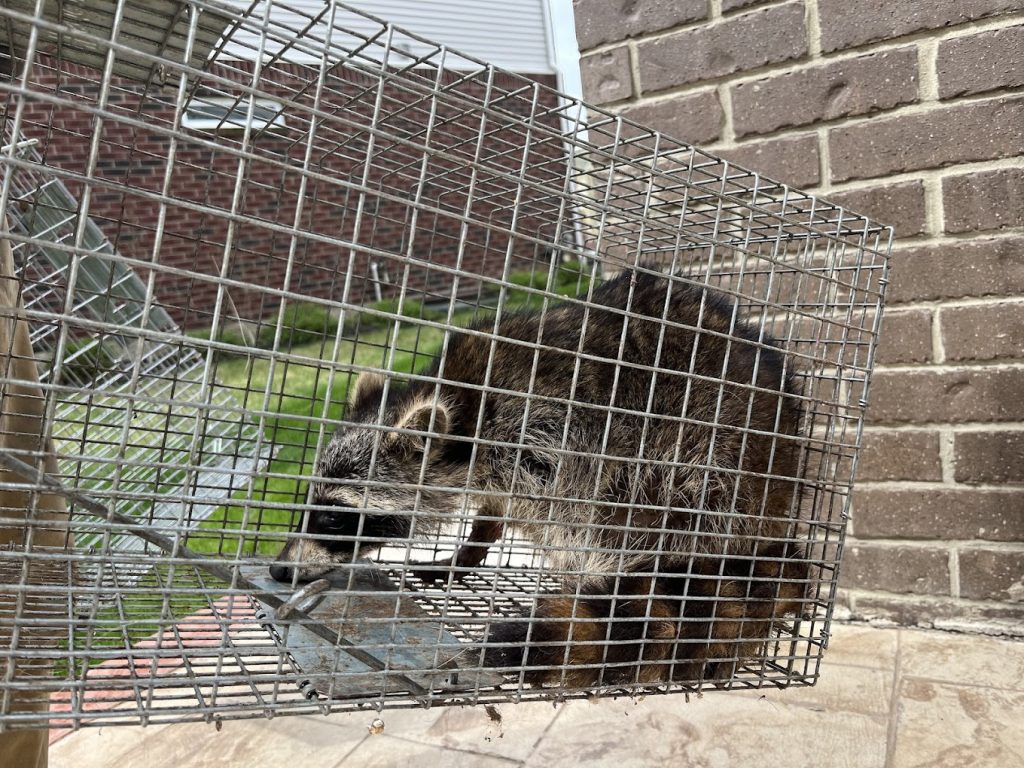
Raccoons are common all over Oakland County.
Just Some of Our Local Service Areas in Michigan:

Sam Sullivan
Sam Sullivan is the owner and lead expert at Michigan’s Bat Expert, specializing in humane bat removal and exclusion services based in Oakland County, Michigan. With years of hands-on experience in wildlife control, Sam has helped countless homeowners and businesses protect their properties from bat and wildlife infestations while adhering to Michigan’s strict wildlife laws.
His expertise lies in exclusion and prevention, ensuring that bats and wildlife are removed safely and never return. Sam is dedicated to ethical and effective solutions, using proven methods that prioritize both property protection and wildlife conservation. His commitment to excellence has made Michigan’s Bat Expert a trusted name in the industry.
